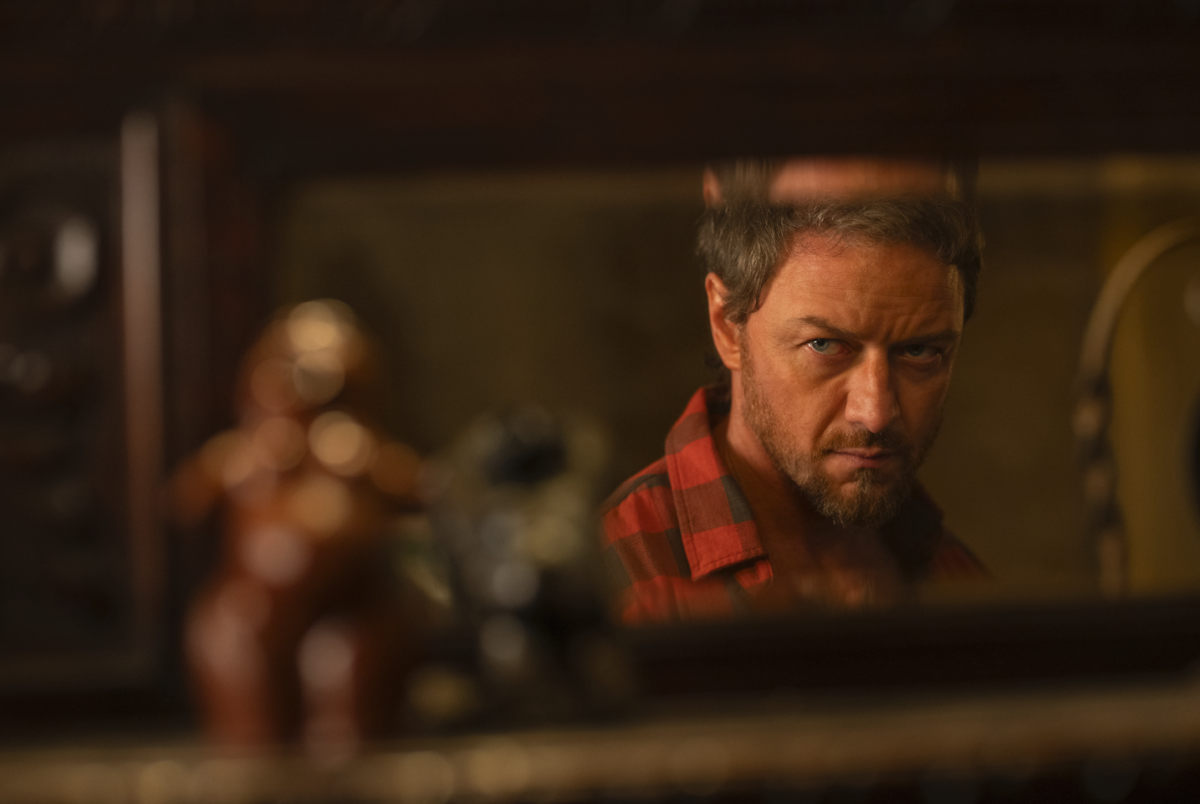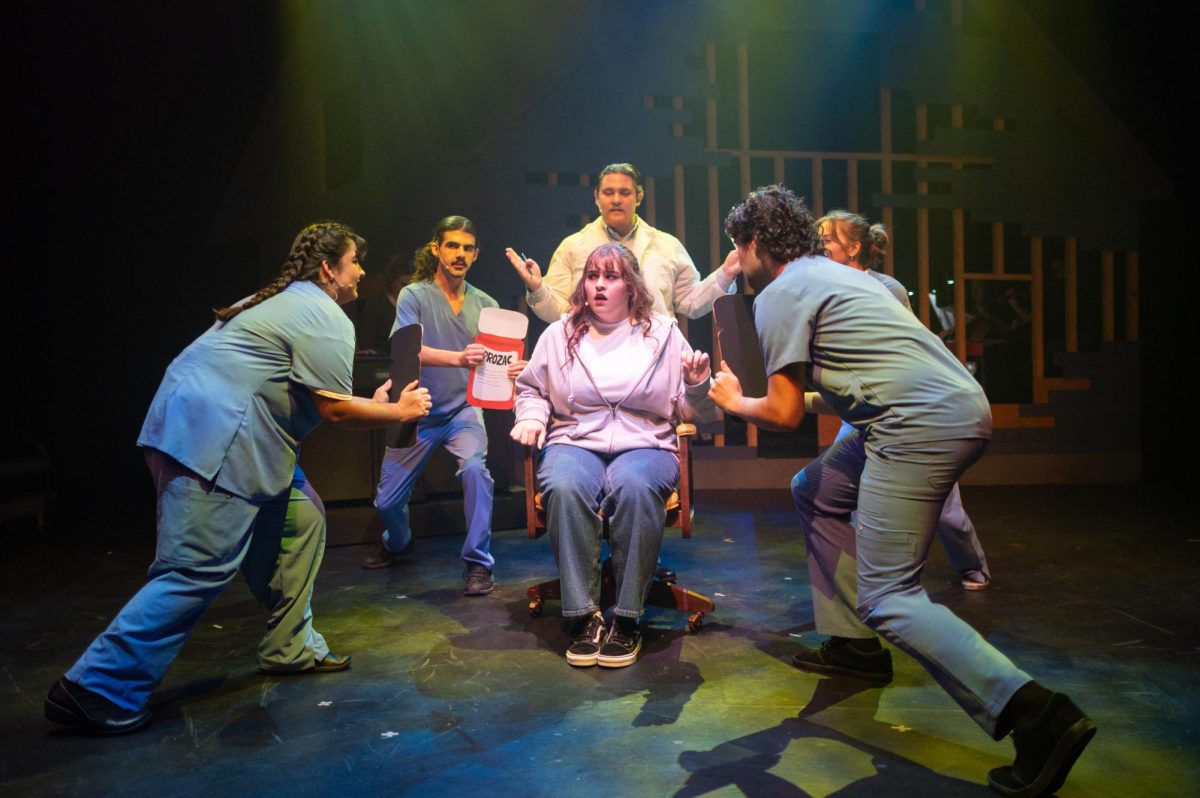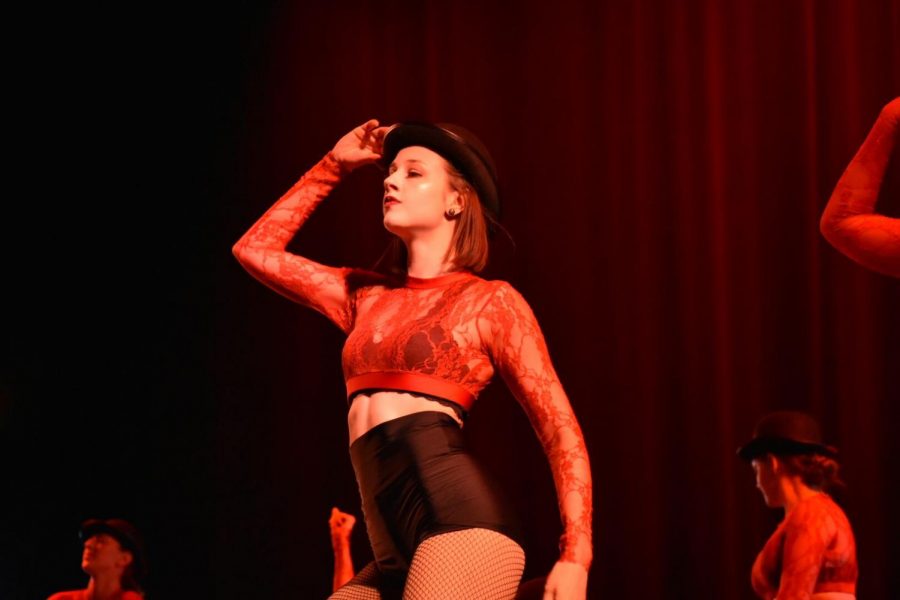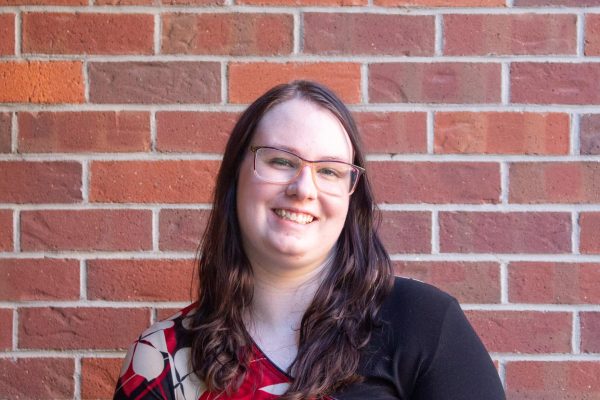In the horror-thriller “Speak No Evil,” an American couple and their daughter, while on a vacation in Italy, come into contact with another family who seems to have it all. After returning home they are invited to the other couple’s countryside home. As the family battles their own issues, they have to distinguish between the unfamiliar and the weird during their weekend trip.
He said
“Speak No Evil” is quite an interesting and insightful thriller. While the film’s promotional materials presented it as almost off brand Shyamalan, with the unsettling overstated normality which suggests not everything is as it seems; writer and director James Watkins ultimately makes a film that is far more thought-provoking than most of Shayamalan’s recent work.
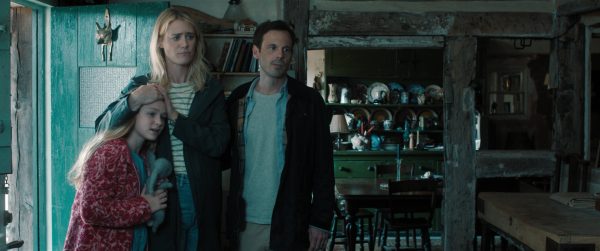
The film’s examination of gender stands out as a high point with it featuring a strong female character. Unlike many Hollywood depictions of strong women, Louise Dalton — played by Mackenze Davis — isn’t an instance of “What if we made John Wick a woman?”
Louise examines strength of character while still largely conforming to femininity and a feminine role. This contrasts with her husband Ben’s — Scoot McNairy — insecurity and crisis of manhood.
The idea of attempting to reclaim manhood is a motif throughout the film in addition to posing questions regarding if and how daughters become their mothers and sons their fathers.
As suggested by the title, “Speak No Evil” is primarily concerned with communication. Much of the critique targets obligatory politeness. The concept seems ripe for scenes inducing excruciating second-hand embarrassment as characters breach social norms and force uncomfortable scenarios. Aside from one scene, this is an opportunity that is largely squandered.
While in terms of theming and narrative, this communication commentary seems to be the focus, yet the weaker execution of pushing social norms makes it strange in contrast to the much richer way the film explores gender roles.
Another unfortunate missed opportunity comes from the somewhat underwhelming reveal. While the family the Daltons are staying with are mysterious and off-beat throughout the film, the explanation as to why seems relatively lame in comparison.
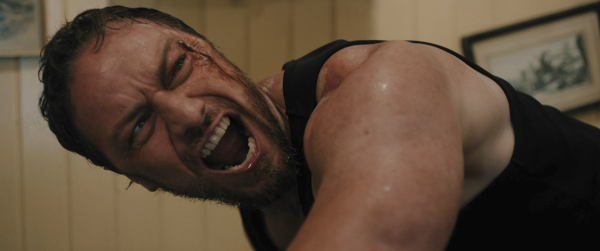
With how great James McAvoy is at depicting this deranged narcissist, it seems like there would be more to why he commits his actions other than “Because you let me.” While this appears somewhat deliberate to further comment on the theme of social obligation, it is still unsatisfying and undercuts the actually interesting parts of the twist.
Despite this, the film maintains a great sense of tension that helps justify the plot’s overall slower pace. It never feels like it’s dragging and does a good job of keeping you engaged throughout.
Not particularly scary but unquestionably mysterious, “Speak No Evil” was a pleasant surprise. It was a far better film than I had expected and while it did disappoint me in some elements of its execution, its expert use of tension and deeper themes make it a worthy watch for both the casual and critical moviegoer.
Garrett Hartman can be reached at [email protected].
She said
I absolutely love a film where James McAvoy — who plays Paddy — gets to play a character that’s absolutely out of his mind.
McAvoy showcases his ability to act out complex, mentally-challenged characters in films like “Split,” but with the help of McNairy — who plays Ben — the two present two extremes on the masculinity spectrum.
The entire film seems to bend the typical family dynamics and stereotypes that exist in so many films. It portrays two extremes of women and two extremes of men, as well as a little girl and boy who are determining which footsteps they will follow in.
The film starts off with longing; a longing to be in a better life, a better place and to be a better person. Unfortunately, Ben’s obsession with becoming a better person puts his entire family at risk.
Ben, Louise and their daughter Agnes meet Paddy, Ciara and Ant while on a vacation in Italy. Ben seems immediately entranced by Paddy and the perfect lifestyle he seems to lead — hot wife, job with a big paycheck, etc.
Louise is not so entranced but allows her husband to follow Paddy and his fantasies due to the guilt she has over nearly cheating on Ben.
She indulges Ben and allows him to take their family out to the other family’s farmhouse for an entire weekend. During this time it appears that politeness and Ben’s obsession with Paddy’s lifestyle are the only things keeping them there, despite numerous weird events that indicate lies and abuse.
Agnes — played by Alix West Lefler — seems to exist outside of the construct of politeness her parents hold so tight to, which ends up being what pulls both “families” into the ultimate battle between life and death, good and bad.
This battle showcases the two ends of the masculine and feminine spectrums, specifically when it comes to film stereotypes.
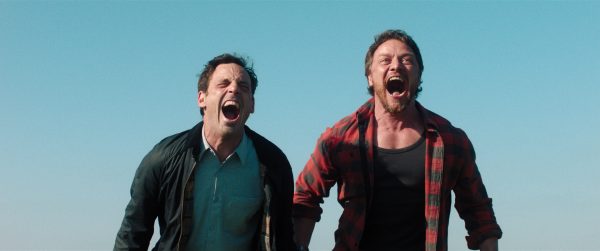
From the start, Ben is portrayed as a “weaker man” and seems to assume the role more common to women in horror films, such as breaking down crying during the height of combat, struggling to injure or kill others to protect those he loves and bending to peer pressure.
While Louise takes on the more stereotypically masculine horror film role she has to pull Ben out of his breakdowns, she doesn’t hesitate to protect those she loves — even if it means she kills others — and she attempts to take the lead in the family. But Ben has a harder time relinquishing this control.
He who holds the keys to the Tesla has ultimate control apparently.
If we look at Paddy and Ciara, however, they signify the more stereotypical horror character roles.
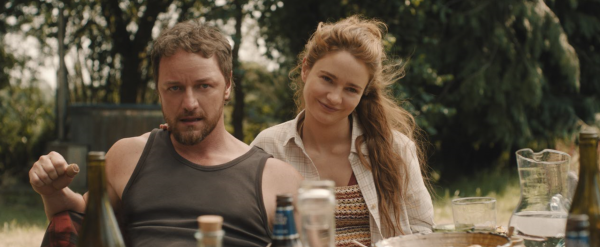
Paddy is a physically and mentally demonstrative character who clearly tries to control and manipulate those around him. But his charismatic tendencies almost excuse some of his behaviors … almost.
Ciara — played by Aisling Franciosi — is immediately set apart from Louise. Ciara is constantly shown in more feminine clothing, with long, wavy hair and makeup, while Louise wears more “mom clothes” and is shown in more monochrome colors, including her hair.
Ciara also seems to be completely dependent on Paddy, physically, mentally and emotionally, in the deepest sense.
Maternal instincts is another theme that’s played around with in the film, such as what it takes to be a mother and what your choices with your children ultimately mean. Paddy and Ciara even make specific comments about how parents mess their kids up, even if they don’t mean it.
It almost seems like the film is discussing how the story’s incidents will impact Agnes and Ant’s decision to become one extreme or the other, or, hopefully, somewhere in the middle.
The ending is somewhat cathartic but also disappointing. Yes, the bad guys are mostly defeated and the good guys all drive off into the sunset, but there’s a certain amount of uneasiness, especially when it comes to Ant — played by Dan Hough.
Ant, at the end, steps into the typical “masculine” role after Ben and Louise fail to carry out the final “dirty” deed, which leaves some doubt about whether he finally gets to be a kid after escaping his captors or if through his actions he’ll become just like Paddy.
While the basic plot was revealed in the trailer, it is an interesting film to try to unpack. I definitely recommend it.
Now, go watch McAvoy be a psycho.
Ariana Powell can be reached at [email protected] or [email protected].




